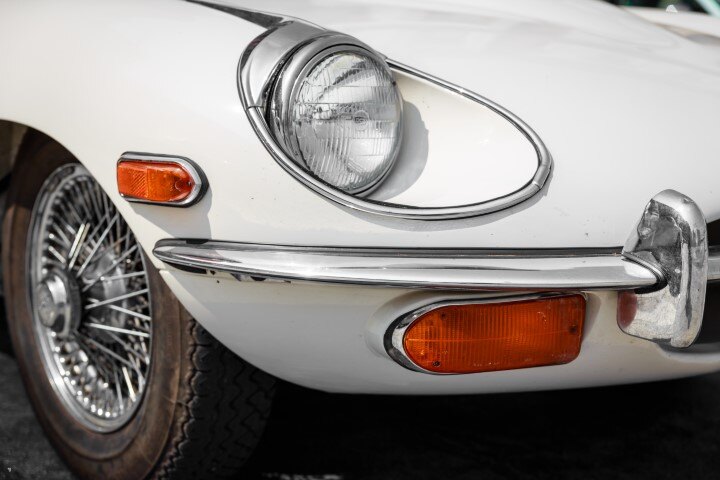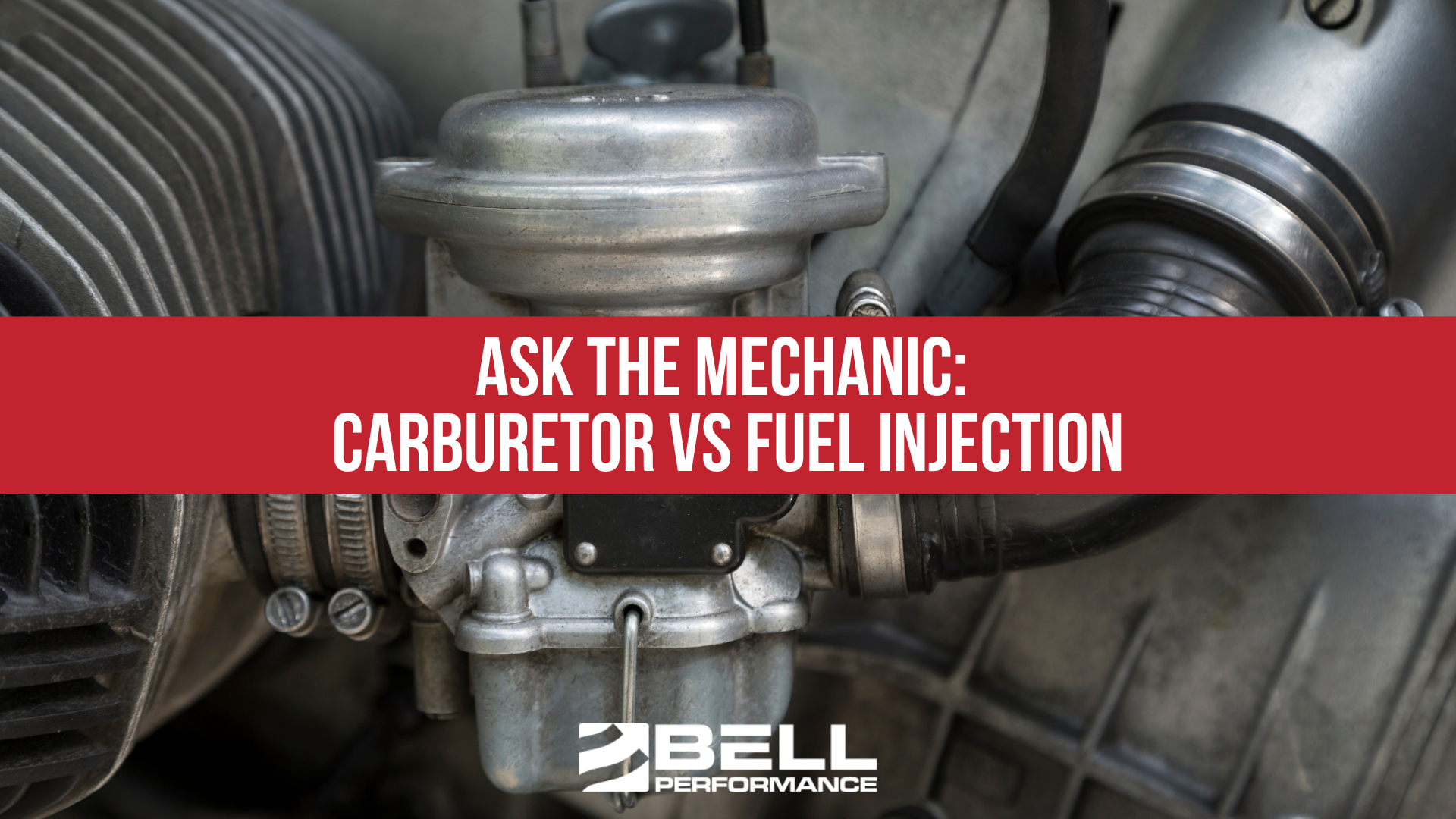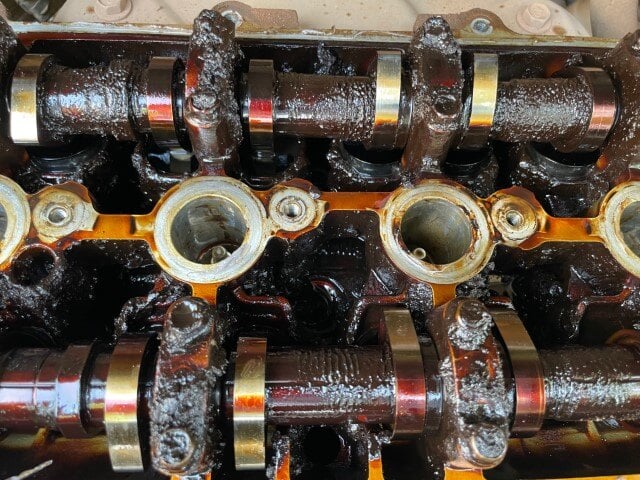Ask The Mechanic: Carburetor vs Fuel Injection
James Dunst, Bell Performance's ASE-certified master mechanic, discussed mechanical issues with your engine in this guest blog.
2 min read
Bell Performance : May 7 2014

More people are keeping their cars longer than ever before. The days of trading in a vehicle after two years seem to be over for a growing part of the US populace who have decided to keep their cars and drive them until they drop. In today’s economy, many owners hang onto their older cars because they can’t afford a new one.
 Keeping an older car running well can be a daunting task when you’re unfamiliar with what to do. What should you do first? Last? What things can you ignore and what things do you ignore at your (and your car’s) peril? There’s a lot to think about.
Keeping an older car running well can be a daunting task when you’re unfamiliar with what to do. What should you do first? Last? What things can you ignore and what things do you ignore at your (and your car’s) peril? There’s a lot to think about.
Being proactive in the maintenance of your older vehicle will extend its life and save you money. Consider the following areas to target.
Change the oil every 5,000 to 7,000 miles, which is fine for most vehicles. If you drive under severe service conditions (dusty environments, lots of short trips in cold weather), you should change it a little more often. Exactly how often is best dictated by whatever the vehicle owner’s manual says.
Some oil change places push high mileage oils for older cars. These high mileage oils are supposed to be formulated with higher doses of additives to prevent oil burn-off and deposits. It certainly doesn’t hurt to use a high mileage oil like this or even to use synthetic oil. But the frequency and regularity with which you change the oil is the most important factor.
Brakes are one of your vehicle’s most important safety features and you should replace brake pads and shoes when they wear out. How often you need to do this depends on your driving habits and where you drive. Lots of city driving with stops and starts will wear the brake pads faster. So will towing trailers and carrying loads. On average, pads may last 30,000 to 40,000 miles. Some more expensive pads can last twice as long.
You can tell that your pads are worn thin if you hear a squealing noise when the brakes are engaged. When the pads are getting thin, the brakes will start to squeal. This is due to built-in wear indicators that are in contact with the rotors, producing that sound. Squealing is kind of a warning sound to you that you need to check your brakes. If you continue on without servicing the brakes, the squealing will turn into grinding. Grinding is the sound that the brakes have ground past the wear indicators and into the rotors themselves, which means the rotors are being damaged when the brakes are engaged.
It is wise also to pay attention to the other parts of your brake system – rotors, drums, and calipers. All of these parts have to work together for the system to function properly and effectively. Over time, brake rotors or drums can be worn down. Excessively worn pads, as noted above, can lead to the scoring of the rotor’s surface. If you feel pulsating when stopping, you know it’s time to have the rotors looked at.
Proper care of the rotors involves “turning” or resurfacing at the mechanic’s shop, giving you a fresh surface for the brake pads to grip onto. Resurfacing them saves money by keeping you from having to replace them completely. Of course, rotors and drums can only be turned so many times, so it is possible with an older vehicle that you will have to replace these parts.

James Dunst, Bell Performance's ASE-certified master mechanic, discussed mechanical issues with your engine in this guest blog.

This is a simple question that we rarely think to consider. Does an oil change affect my car's performance? If I don't change my oil often enough,...

When the cold months arrive, your car performance seems to go on vacation. Starting is harder, performance is sluggish, and drivability is more...